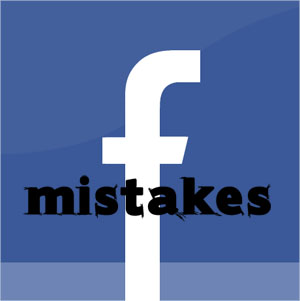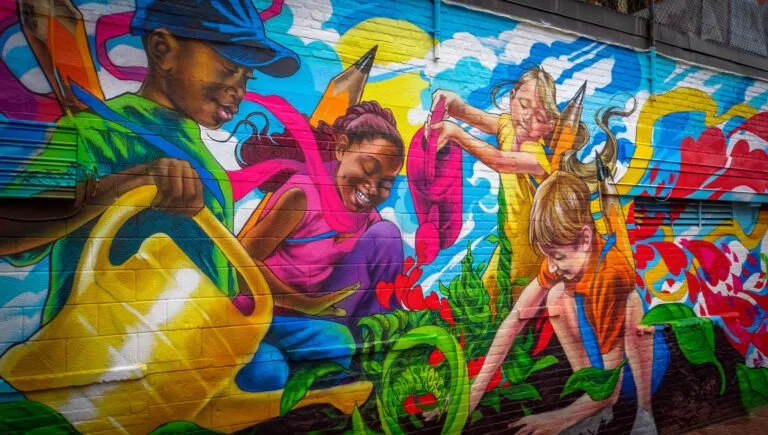 In preparation for next week's webinar How to Make the Most of Your Facebook Page, I asked Maryann Devine from smArts & Culture and Jacquelyn Kittredge from e-bakery social media to share with us the 5 biggest mistakes that arts organizations make on Facebook. Here is their reply:
1. Using Facebook as a broadcast channel rather than interacting with your fans. If your aim is to become invisible to your fans, this is the way to go. Facebook determines where you show up in your fans' default Top News stream based on the interactions of the fans and their friends with your page, and the kind of content you put up. Less interaction means your page is less visible to your fans -- the very people you want to reach.
In preparation for next week's webinar How to Make the Most of Your Facebook Page, I asked Maryann Devine from smArts & Culture and Jacquelyn Kittredge from e-bakery social media to share with us the 5 biggest mistakes that arts organizations make on Facebook. Here is their reply:
1. Using Facebook as a broadcast channel rather than interacting with your fans. If your aim is to become invisible to your fans, this is the way to go. Facebook determines where you show up in your fans' default Top News stream based on the interactions of the fans and their friends with your page, and the kind of content you put up. Less interaction means your page is less visible to your fans -- the very people you want to reach.
2. Using the same voice on Facebook (and other social media) as you do in your traditional marketing. Many arts managers have trouble making that leap, and it's understandable. They're used to communicating with their patrons in a particular style -- it's hard to shake that off. The reality is that using the same voice on Facebook as you do in your ad copy is just not going to work, and you'll likely be ignored. Social media spaces are more personal, like a backyard barbeque or the kitchen table, and you need to adjust your tone accordingly.
3. Forgetting that the page is for your fans, not for your organization. As Jacquelyn often points out, fan pages harken back to fan clubs. Fan clubs were all about giving special access and fan-club-only perks to the most loyal enthusiasts. Research shows that most people 'like' Facebook pages for discounts and special offers. Keep that in mind as your interacting with your group's fans.
4. Creating a personal profile or group for your arts organization rather than a fan page. Fan pages allow you to analyze stats on how people interact with your page AND the demographics of your fans. Personal profiles and groups can't do that. Fan pages can have an unlimited number of fans. Personal profiles are limited to 5,000 friends. Most importantly, Facebook is indexed by Google and your page can improve your Google ranking -- it may be easier to find your fan page through Google than your own web site.
5. Not having a Facebook Page at all because you already have a website. People are spending more time on social networks and less time on static websites, so Facebook allows you to meet your fans where they are already are.
In addition to addressing these common mistakes, Maryann and Jacquelyn's webinar will discuss:
The webinar is on Tuesday, October 19th from 2pm-3:30pm EST. Registration is $25. Click here to register today.





